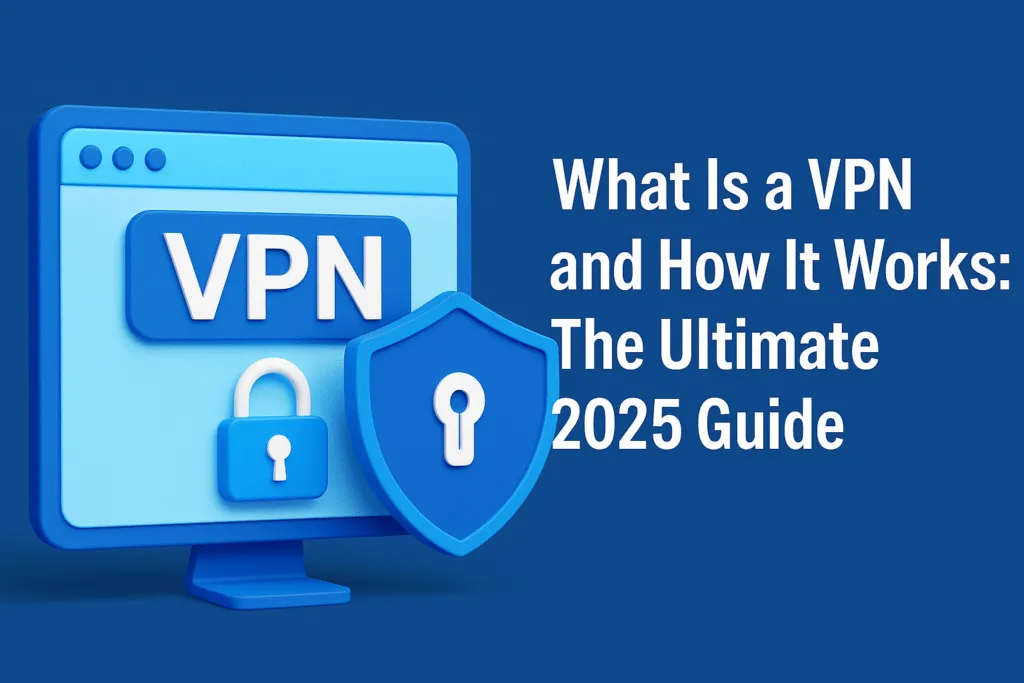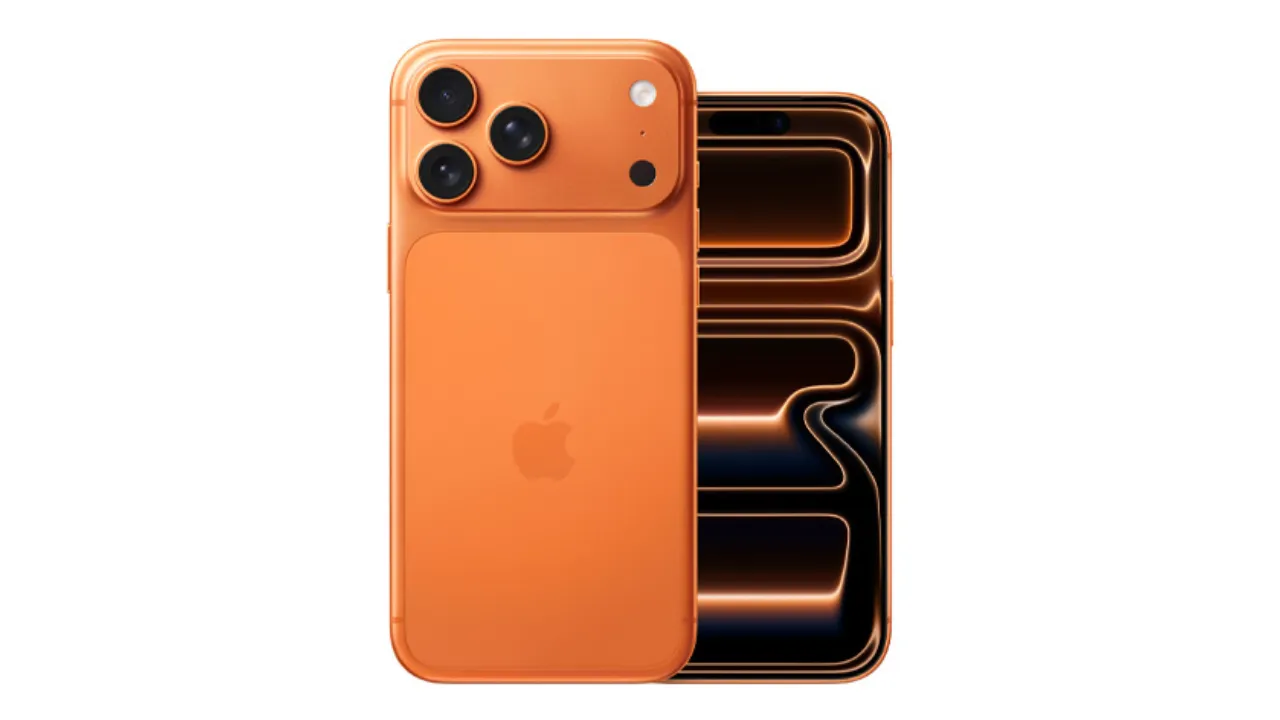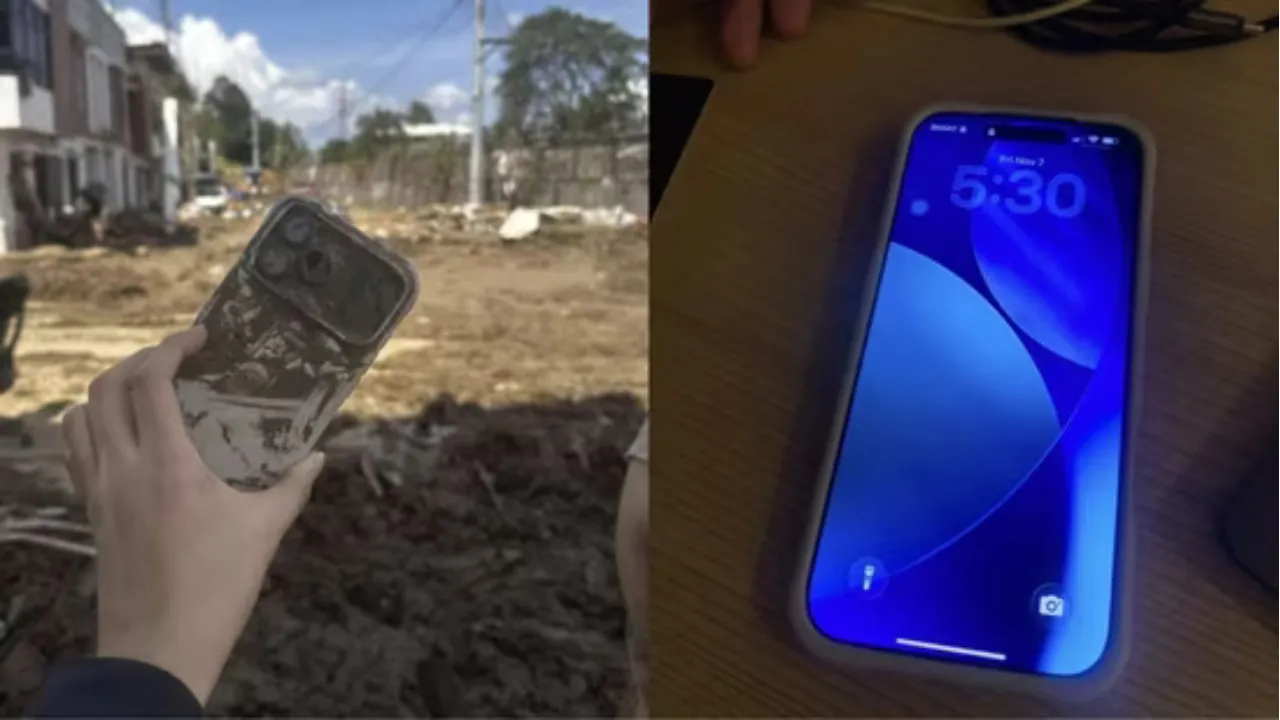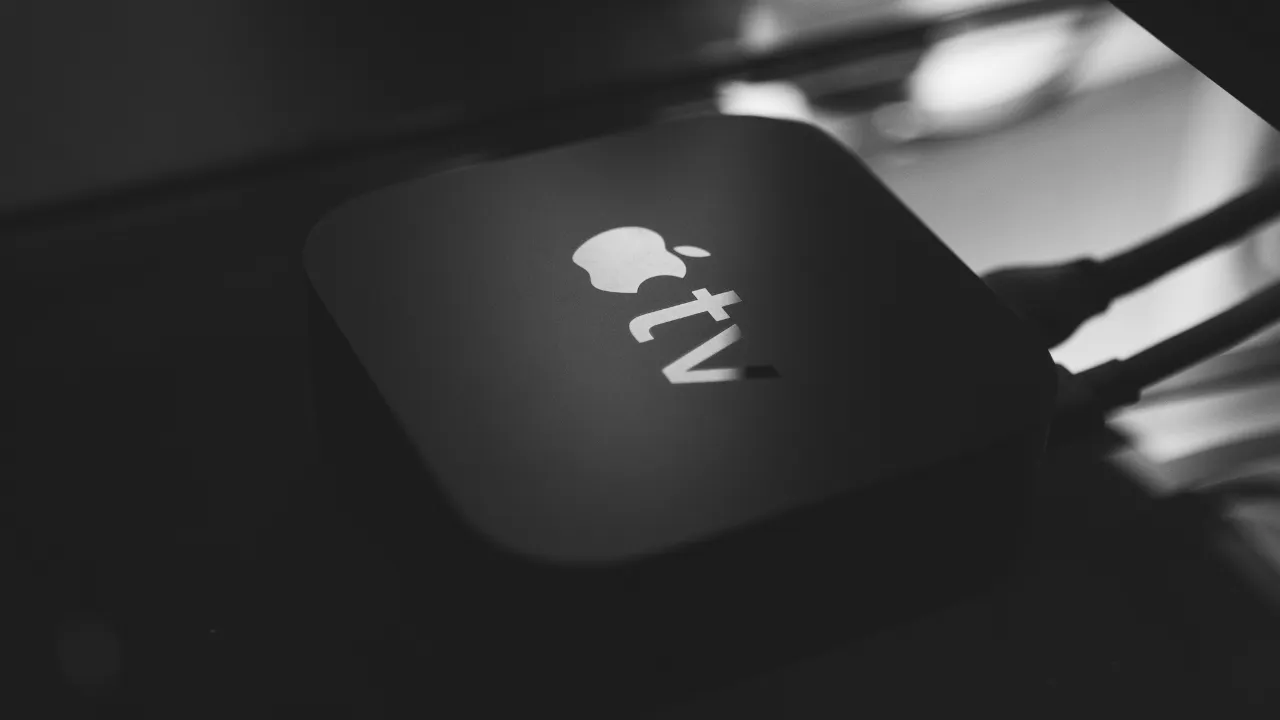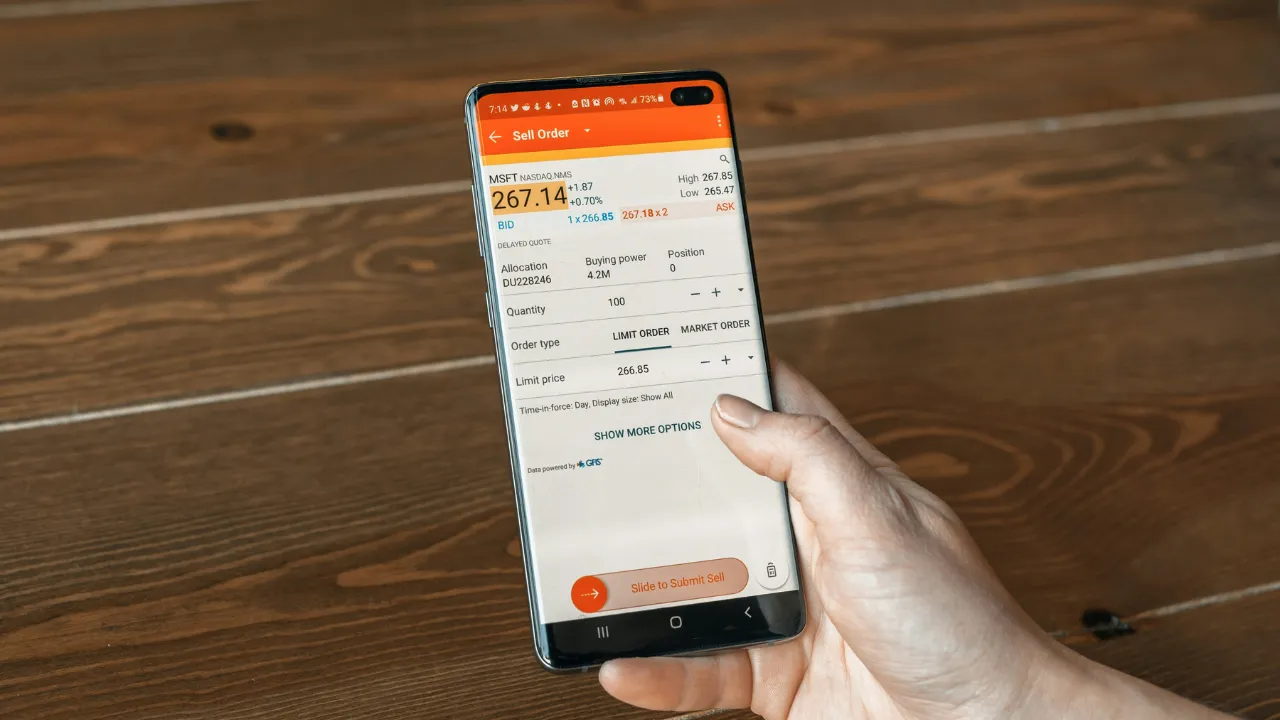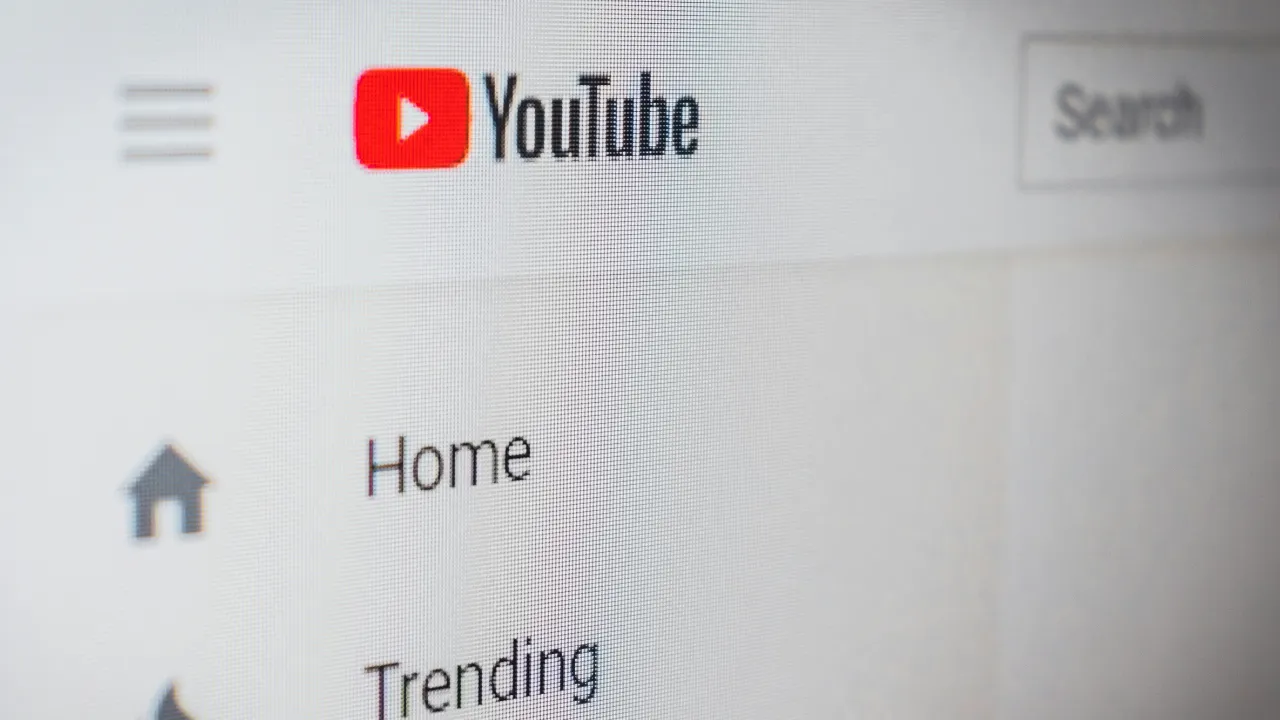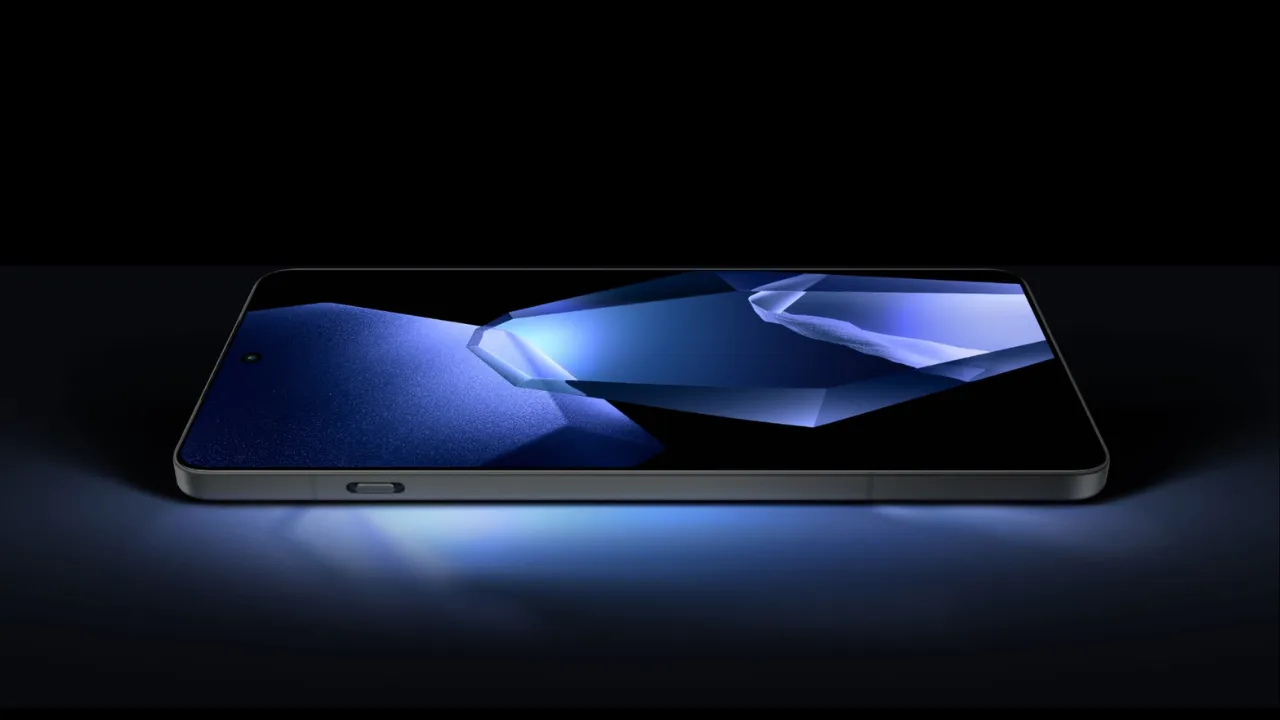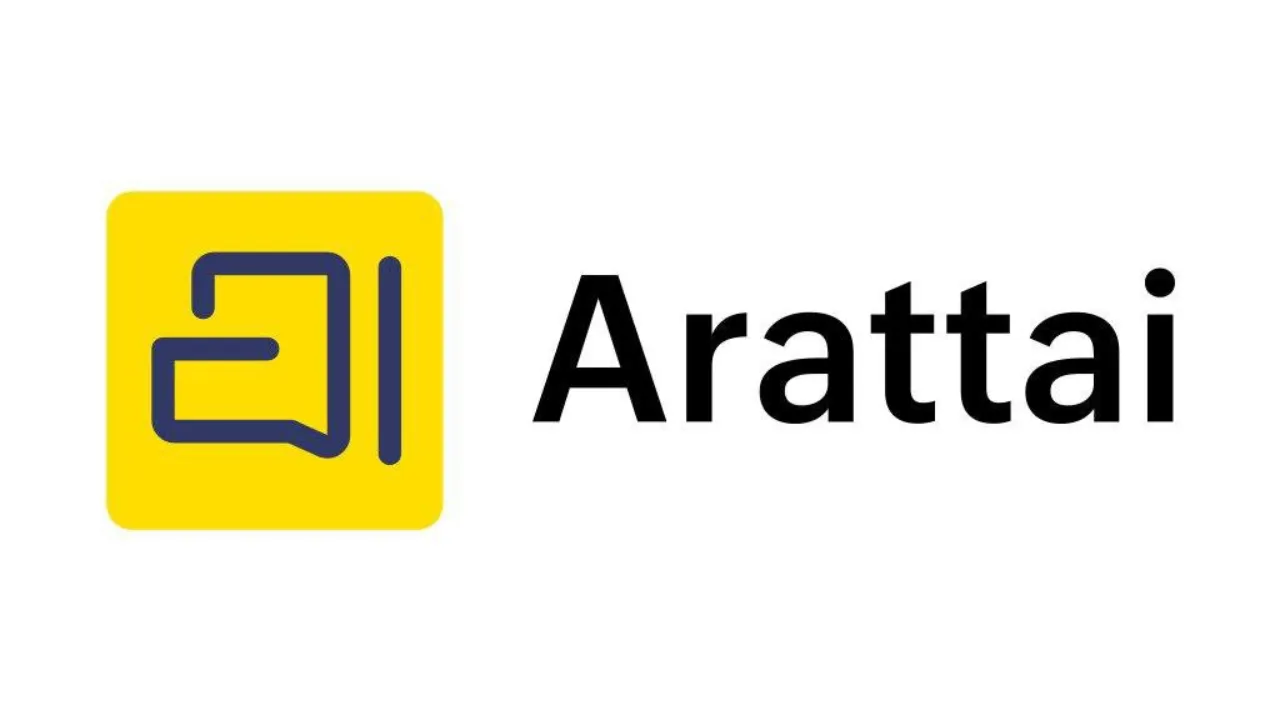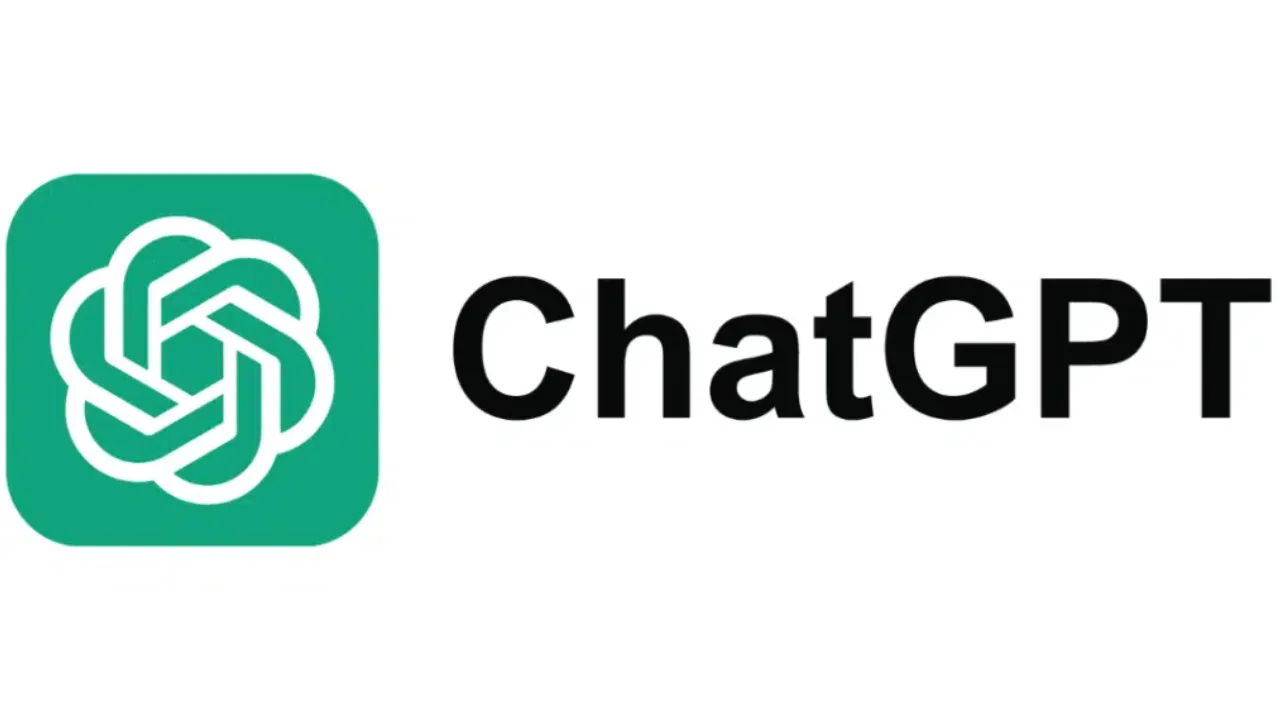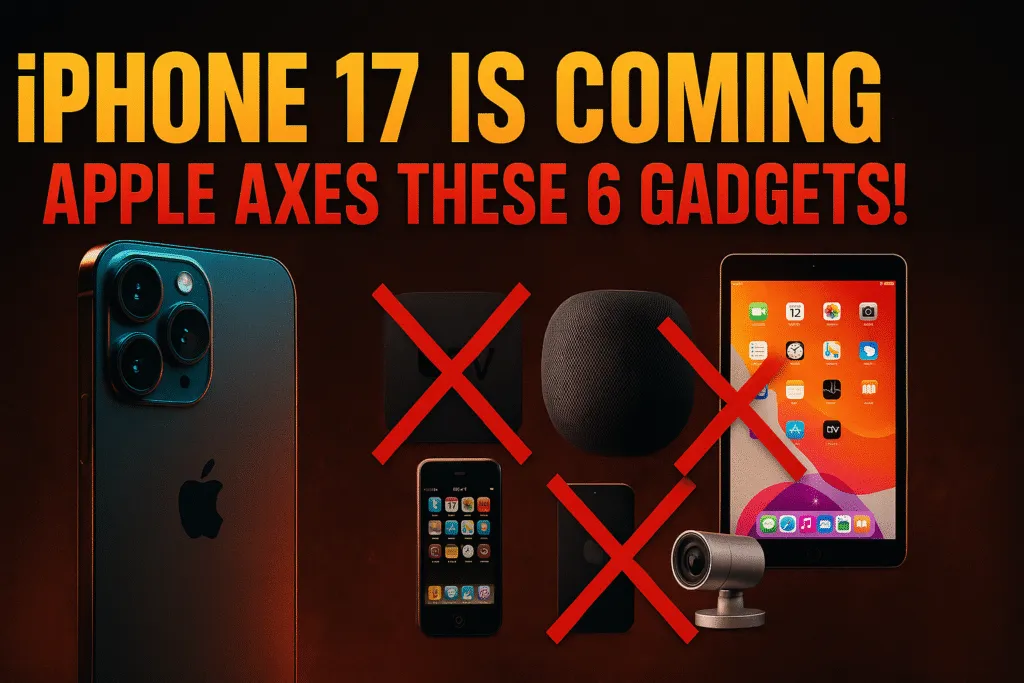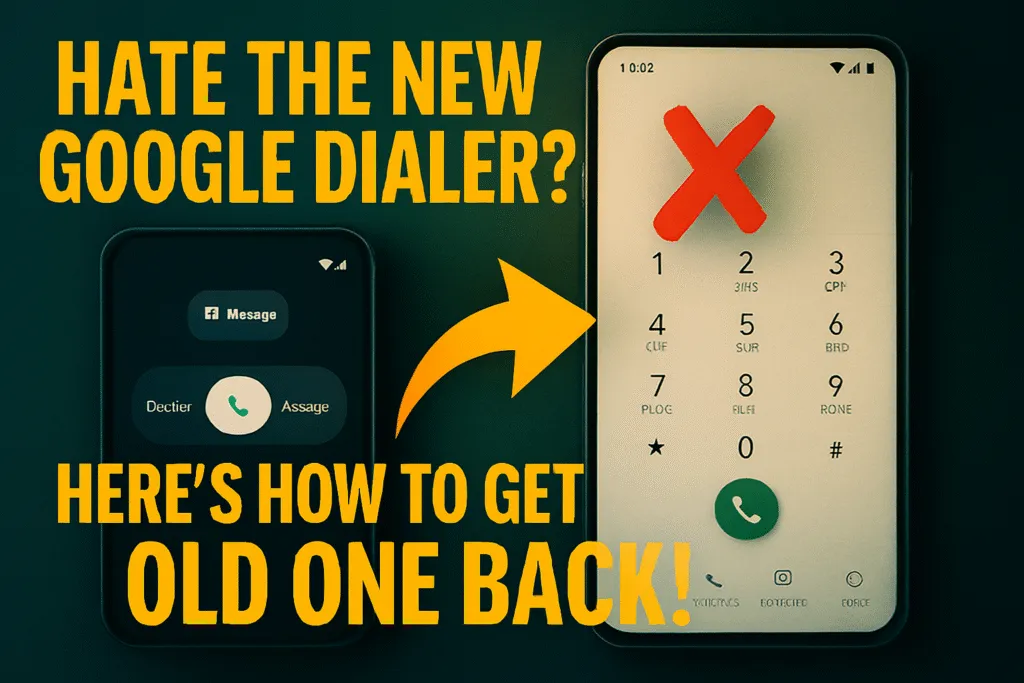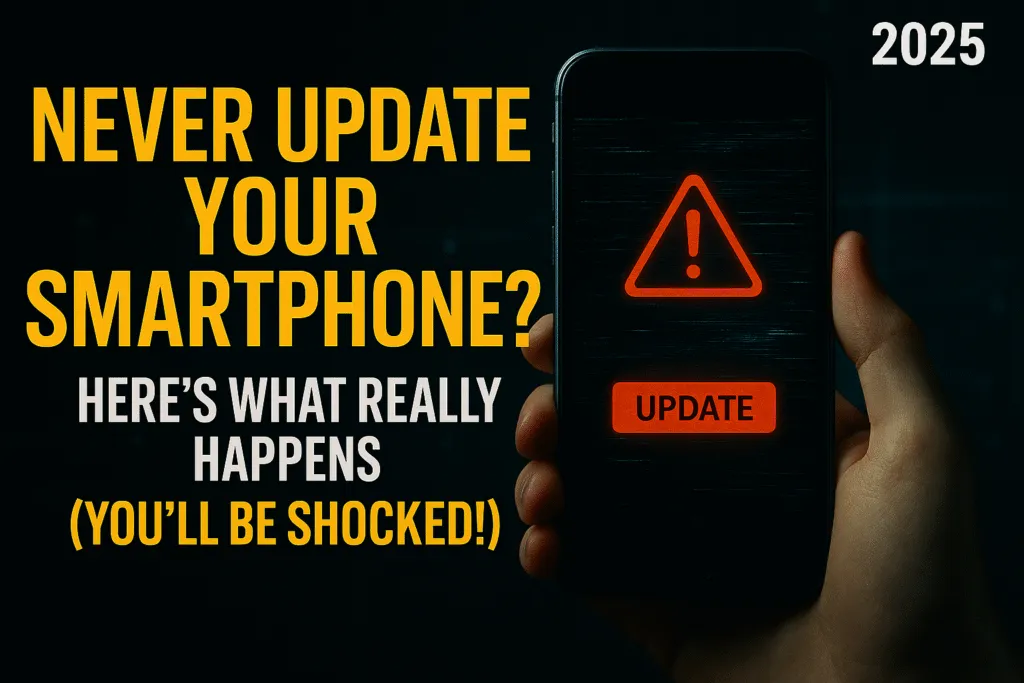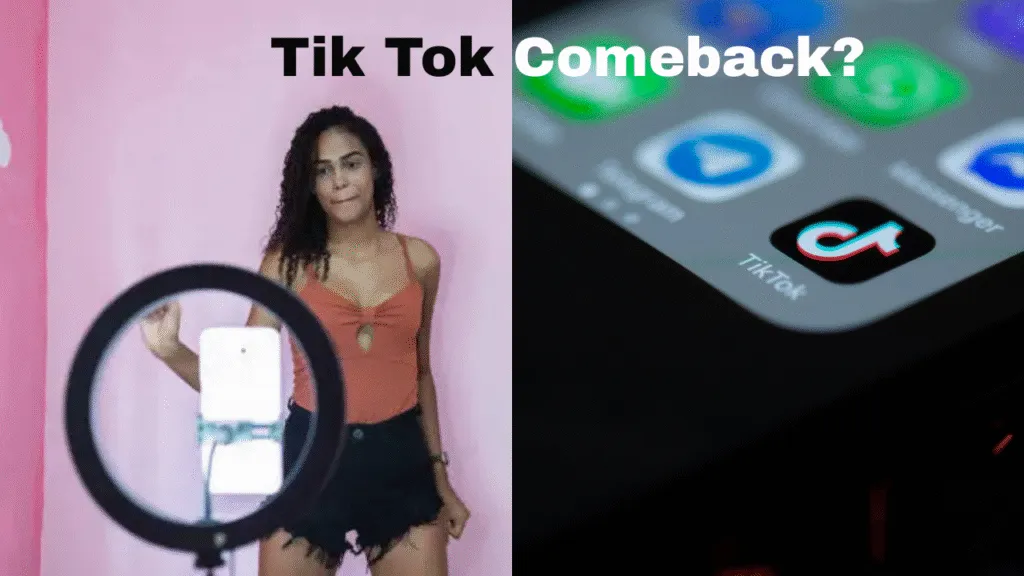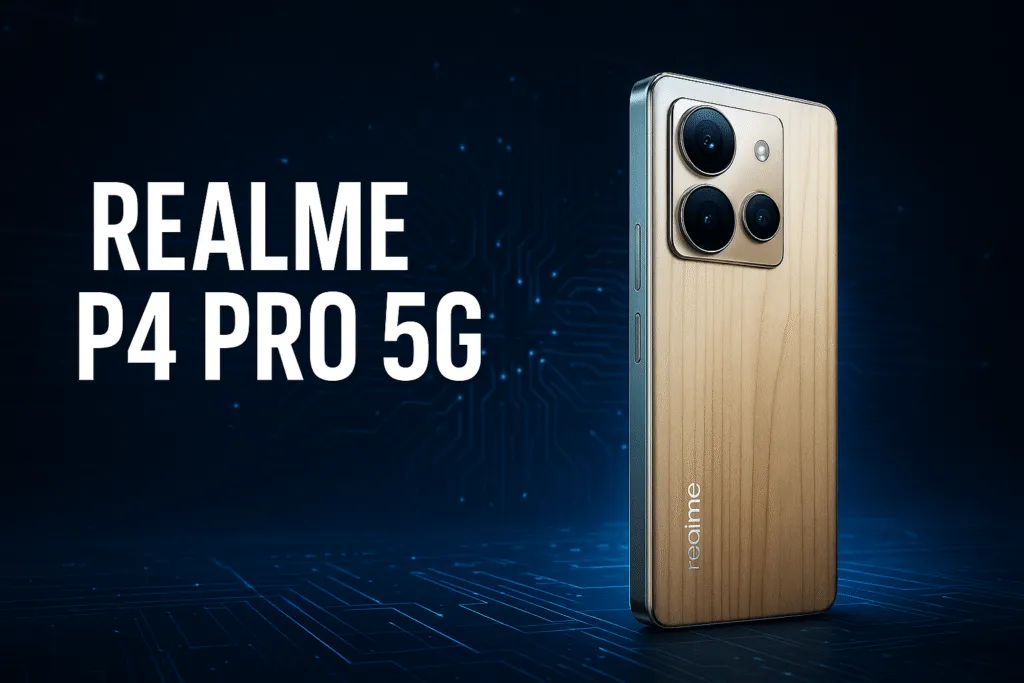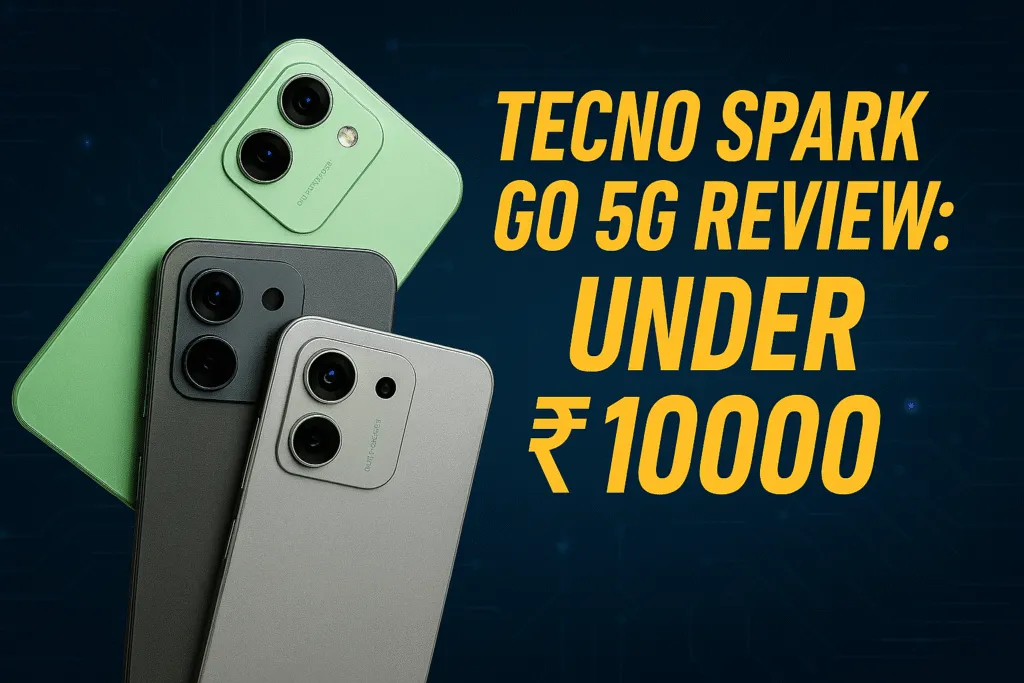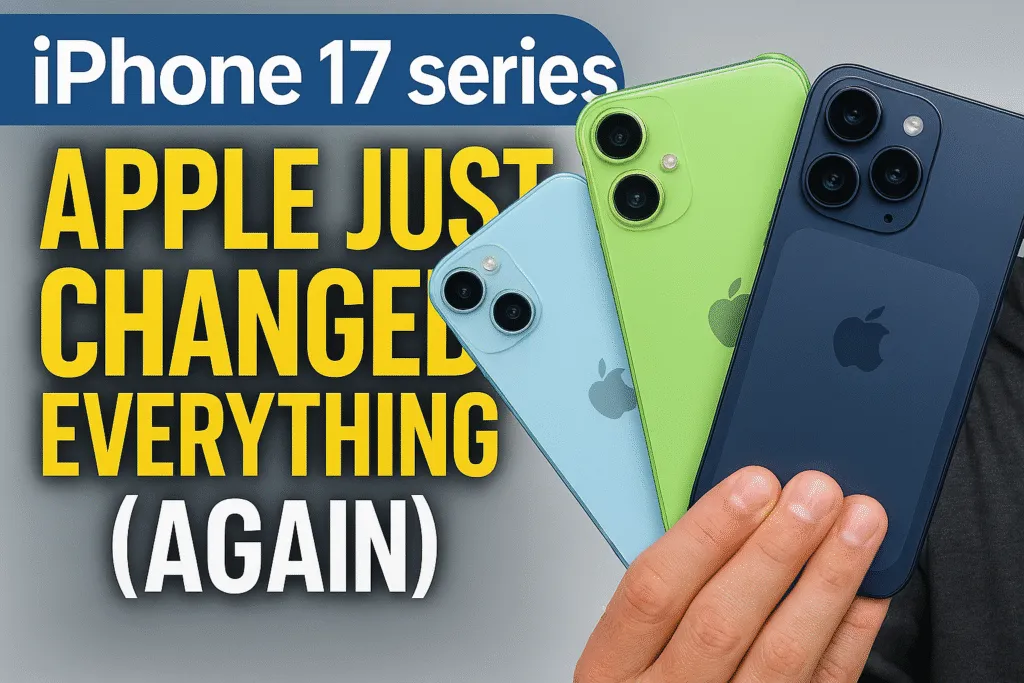Introduction – Why VPNs Matter in 2025
In 2025, online privacy and data protection have become more critical than ever. With every click, swipe, and scroll, users unknowingly leave behind digital traces that can be tracked, stored, or even sold. Whether it’s targeted advertising, geo-restrictions, or unsecured public Wi-Fi, internet users face more threats today than just a few years ago. This is where a VPN becomes an essential tool for anyone who values online freedom and privacy.
A VPN, or Virtual Private Network, creates a secure tunnel between your device and the internet. It hides your real IP address and encrypts your online activity, making it nearly impossible for hackers, ISPs, or websites to monitor what you do. As cyberattacks and data breaches become more frequent, using a VPN adds a solid layer of protection that goes beyond just antivirus software.
VPNs also unlock the internet in ways that weren’t possible before. Want to access a website or streaming service not available in your country? A VPN helps you bypass these restrictions by letting you appear as if you’re browsing from another location. This has made VPNs extremely popular among students, travelers, remote workers, and binge-watchers alike.
In countries with growing concerns over internet surveillance, VPNs play a role in preserving digital rights. People are no longer just using them for privacy but also to avoid bandwidth throttling, stay anonymous while researching sensitive topics, or even to secure banking transactions on public Wi-Fi.
With the increasing reliance on cloud services and remote work in 2025, the demand for personal cybersecurity tools has surged. A VPN is no longer a luxury or just a techie tool—it’s now a digital necessity that protects, empowers, and opens up the full potential of the internet for every user.
What is a VPN? Explained in Simple Terms
A VPN is a simple tool that keeps your online activity private and secure, and you can download a reliable VPN within minutes on any device. When you connect to the internet without a VPN, your data travels through your internet service provider (ISP), which can see the websites you visit, the apps you use, and sometimes even your personal information. But when you use a VPN, it acts like a private tunnel between your device and the internet, hiding everything you do from your ISP, hackers, or any other prying eyes.
Imagine you’re sending a letter through the post office. Without a VPN, it’s like sending that letter in a transparent envelope—anyone can read it. With a VPN, your letter is sealed in a locked box, and only the person on the other end can open it. That’s how encryption works in a VPN—it scrambles your data so no one else can understand it, even if they manage to intercept it.
Another key part of how a VPN works is by changing your IP address. Your IP address is like your digital home address—it tells websites where you’re connecting from. A VPN lets you choose a different IP address, usually from another city or country, so websites can’t track your real location. This also helps you access content that might be blocked or limited in your region.
In the end, a VPN helps you browse the internet safely and anonymously. Whether you’re checking emails on public Wi-Fi, streaming shows not available in your country, or just want to avoid being tracked online, a VPN gives you the privacy and control you need in today’s digital world.
How Does a VPN Actually Work?
A VPN works by creating a secure, encrypted tunnel between your device and the internet. When you connect to a VPN, all of your online traffic is first routed through a remote VPN server before reaching its final destination. This simple change adds a strong layer of privacy and protection that hides your real IP address and makes your online activity nearly invisible to outsiders.
Here’s how it works in real time. Suppose you want to visit a website. Without a VPN, your request goes directly from your device to the website through your internet service provider. That means your ISP and even third parties can see the websites you visit and what data you send. But with a VPN turned on, your request is first sent to a VPN server in a location of your choice. The VPN server forwards that request to the website, and when the website responds, the VPN server sends the response back to you—completely encrypted.
This process does two important things. First, it hides your actual IP address and replaces it with the VPN server’s IP. That makes it look like you’re browsing from another city or even country. Second, it encrypts your data, making it unreadable to hackers, advertisers, or anyone else who might try to intercept it. Even if someone captures the data, they won’t be able to make sense of it.
The best part is that this all happens in the background while you browse, stream, or shop online like normal. A good VPN doesn’t slow you down much and works across multiple devices including smartphones, laptops, and tablets. Whether you’re trying to stay anonymous or just avoid being tracked, a VPN’s behind-the-scenes work is what keeps your internet experience private and secure.
Key Components of a VPN Connection
To understand how a VPN keeps your online activity private and secure, it’s helpful to know the key components that make up a VPN connection. Each part plays a specific role in ensuring your data is encrypted, your location is hidden, and your connection remains stable and reliable.
The first and most important component is the VPN client. This is the software or app you install on your device—whether it’s a smartphone, laptop, or desktop. The VPN client is what you use to connect to a VPN server. It handles encryption, authentication, and gives you the option to choose your preferred server location.
Next comes the VPN server. This is the remote server located in another city or country that your internet traffic is routed through. When you connect to the internet using a VPN, all your data goes through this server first. The server replaces your real IP address with a new one, masking your actual location and identity online.
Another crucial component is encryption protocols. These are the rules or methods used to secure your data. Popular VPN protocols include OpenVPN, WireGuard, and IKEv2. These protocols ensure that the data moving between your device and the VPN server is scrambled and unreadable to anyone who tries to intercept it.
Authentication methods are also important. They verify that you are connecting to a real, trusted VPN server and not a fake one. This helps protect against spoofing attacks and ensures the security of your connection.
Lastly, there’s the tunneling mechanism. This is what creates the secure “tunnel” between your device and the server, isolating your internet activity from everyone else. Combined with encryption, this tunnel protects your information on public Wi-Fi or untrusted networks.
Together, these components form the backbone of a secure VPN connection. Each one has a specific role, but when they work together, they provide the privacy, freedom, and security that make VPNs so valuable today.
Different Types of VPNs You Should Know
Not all VPNs are the same. Depending on your needs—whether for personal use, business protection, or large-scale network access—different types of VPNs offer different levels of security, performance, and control. Knowing these types can help you choose the right VPN that matches your specific online activity and privacy needs.
The most common and widely used is the Remote Access VPN. This type is ideal for individual users who want to connect securely to the internet or a private network from any location. It encrypts your connection and allows you to access blocked content or use public Wi-Fi safely. Most commercial VPN services like NordVPN or ExpressVPN fall under this category.
Next is the Site-to-Site VPN, mainly used in large businesses or corporations. This VPN connects entire networks at different office locations. For example, a company’s branch in Mumbai can securely connect to its head office in Delhi using this setup. It’s more complex and usually managed by network administrators.
Then there’s the Personal VPN, which is what most consumers use today. It’s designed for privacy, streaming, and browsing. With a personal VPN, your connection to the internet is encrypted and routed through a server in a location of your choice, helping you bypass geo-restrictions and avoid tracking.
Another important type is the Mobile VPN, built for smartphones and tablets. These VPNs are optimized for devices that frequently switch between networks—like from home Wi-Fi to mobile data—without dropping the secure connection.
Lastly, there’s the Cloud VPN, which is gaining popularity as more businesses shift to cloud-based systems. It allows secure access to cloud services without the need for physical infrastructure.
Each VPN type serves a different purpose, but all share the common goal of keeping your data private and your connection secure. Choosing the right one depends on whether you’re an individual user, a business, or someone needing protection across multiple devices or locations.
Why You Might Need a VPN in Daily Life
In today’s connected world, almost everything we do—browsing, banking, shopping, streaming, or working—happens online. But most users don’t realize how exposed their data is during these daily tasks. This is where a VPN quietly steps in, offering a layer of protection and freedom without changing how you use the internet.
One of the most common daily uses of a VPN is to stay safe on public Wi-Fi. Coffee shops, airports, hotels—these places often offer free internet, but it’s rarely secure. A VPN encrypts your data, making it nearly impossible for hackers on the same network to steal your passwords, messages, or financial details.
Streaming is another area where VPNs play a big role. Many streaming platforms restrict content based on your location. With a VPN, you can appear to be in a different country and access shows or movies that aren’t available in your region. It opens up a much wider entertainment library, all without leaving your couch.
Online shopping and travel bookings can also benefit. Some websites show different prices depending on where you’re browsing from. By changing your virtual location using a VPN, you can sometimes find better deals on flights, hotels, or products.
VPNs also help you avoid bandwidth throttling. Some internet providers slow down your speed when you’re streaming or gaming. A VPN hides your activity from your ISP, which can help you maintain consistent speeds throughout the day.
And for remote workers or students attending classes online, a VPN ensures secure access to work files, school resources, or region-locked educational content.
In short, using a VPN in daily life adds privacy, removes restrictions, and gives you control over how you experience the internet—without needing to be a tech expert.
Benefits of Using a VPN in 2025
Using a VPN in 2025 offers more advantages than ever before. As online threats grow and privacy concerns become a daily reality, a VPN is no longer just for tech-savvy users—it’s a smart, everyday tool for anyone who values secure and unrestricted internet access.
One of the biggest benefits of a VPN is online privacy. It hides your IP address, which means websites, apps, and even your internet service provider can’t easily track your activity. This prevents companies from building detailed profiles based on your browsing habits, keeping your digital footprint more private.
Security is another key reason people rely on VPNs, especially when connecting to public Wi-Fi. Whether you’re at an airport, café, or co-working space, public networks are often unencrypted and easy targets for hackers. A VPN encrypts your connection, protecting your data from being intercepted by cybercriminals, even on unsecured networks.
VPNs also help bypass geographic restrictions. In 2025, many streaming platforms, news websites, and apps still limit access based on location. A VPN lets you switch your virtual location with a click, giving you access to global content that may otherwise be blocked in your region.
If you’re working remotely, a VPN is essential for securely accessing company resources. It provides a private, encrypted connection to your organization’s internal network, allowing you to work safely from anywhere without exposing sensitive data.
Lastly, VPNs can help avoid bandwidth throttling. Some internet providers slow down your speed when you stream, game, or download large files. A VPN masks your online activity, making it harder for your ISP to apply these restrictions.
Overall, a VPN in 2025 offers a powerful combination of privacy, security, and freedom. Whether for work, entertainment, or daily browsing, it gives you more control over how you experience the internet.
Common Misconceptions About VPNs
Despite the growing popularity of VPNs, many people still misunderstand how they work and what they actually offer. These misconceptions often lead users to ignore or misuse VPN services, which defeats the purpose of using one in the first place. Clearing up these myths can help you make better choices when it comes to your online privacy and security.
One of the most common myths is that a VPN makes you completely anonymous online. While it does hide your IP address and encrypt your traffic, it doesn’t make you invisible. Websites can still use cookies, fingerprinting, and other tracking techniques to monitor your activity. A VPN enhances privacy, but it’s not a complete shield.
Another misconception is that only people doing illegal things need a VPN. This couldn’t be further from the truth. Everyday users who browse the internet, use online banking, or connect to public Wi-Fi can benefit from a VPN. It’s about protecting your data, not hiding wrongdoing.
Some believe free VPNs offer the same protection as paid ones. In reality, free VPNs often come with limited features, slower speeds, and questionable data practices. Many of them log user activity or serve ads, which defeats the very goal of staying private online.
There’s also a belief that VPNs are only for tech experts. But today’s VPN apps are simple to use, with one-click connections and user-friendly interfaces. Whether you’re a student, traveler, or remote worker, you don’t need technical skills to stay secure.
Finally, people assume using a VPN slows down their internet drastically. While there may be a slight drop in speed due to encryption, premium VPNs today are optimized for speed and can often improve stability by bypassing throttling.
Understanding what a VPN can and can’t do is the first step toward using it effectively and getting the real benefits it’s meant to provide.
Are VPNs Legal and Safe to Use in India?
Yes, VPNs are legal to use in India for most personal and professional purposes. There is no law that bans the use of VPNs for general online privacy, streaming, or secure browsing. Millions of users in India, including remote workers, students, and business professionals, use VPNs daily to protect their data and access unrestricted content. However, using a VPN for illegal activities, such as hacking, cyber fraud, or accessing banned websites, is still against the law and can lead to legal consequences.
From a safety perspective, VPNs are generally safe as long as you’re using a trusted and reputable service. Premium VPN providers follow strict no-log policies, meaning they don’t track or store your browsing activity. They also use advanced encryption protocols like WireGuard or OpenVPN, which are highly secure and resistant to surveillance or hacking attempts. These technical features ensure that your online activity stays private, even on public Wi-Fi or unsecured networks.
However, not all VPNs are equal. Free VPN services may seem appealing, but many of them come with serious risks. Some free VPNs sell user data to third parties, inject ads, or lack proper encryption, making you more vulnerable than protected. If privacy is your goal, it’s better to avoid free VPNs and choose a paid service that’s transparent about its policies and security measures.
It’s also worth noting that the Indian government, in recent years, has introduced rules requiring VPN companies to store user data for a limited time. While this has raised concerns, many top VPN providers have either pulled out of India or shifted to virtual servers to maintain privacy.
In short, VPNs are both legal and safe to use in India when used responsibly and with the right provider. They offer strong protection for your data, unlock global content, and help you maintain online privacy in an increasingly monitored digital environment.
Conclusion – Should You Use a VPN Today?
In today’s digital world, where every click is tracked and online threats are more advanced than ever, using a VPN is no longer optional—it’s a smart necessity. Whether you’re streaming shows, checking your bank account, working remotely, or just browsing the web, a VPN adds an essential layer of privacy and security that regular internet connections simply don’t offer.
A VPN helps protect your personal information from hackers, advertisers, and even your internet service provider. It shields your location, encrypts your data, and gives you the freedom to access global content without restrictions. In 2025, with rising concerns about data misuse and government surveillance, having control over your online identity has become a priority for many users—and a VPN provides exactly that.
Even if you think you have nothing to hide, remember that your data is valuable. Companies use it for targeted ads, platforms track your behavior, and public networks expose you to serious risks. A VPN doesn’t just protect sensitive data; it gives you peace of mind every time you go online.
Whether you’re new to internet privacy or a tech-savvy user, setting up a VPN is quick and user-friendly. With plenty of reliable options available, you can choose a service that fits your needs and start browsing more safely within minutes.
So, should you use a VPN today? Absolutely. It’s one of the simplest, most effective ways to take back control of your online life—no matter who you are or how you use the internet.
Also Read: How to Create a Bootable USB in 2025 Without Failing
FAQs – Your VPN Questions Answered
Q1: Is using a VPN legal in India in 2025?
Yes, using a VPN is legal in India for personal and professional use. It only becomes a problem if you use it for illegal activities. Always choose a trusted VPN provider that follows privacy-focused policies.
Q2: Will a VPN slow down my internet speed?
A VPN may cause a slight drop in speed due to encryption and routing through a remote server. However, premium VPNs are optimized for speed and in some cases may even improve stability by avoiding ISP throttling.
Q3: Can I use a free VPN safely?
Free VPNs often come with limitations like slower speeds, data caps, or weaker security. Some may even log or sell your data. For real privacy and protection, it’s better to use a reputable paid VPN service.
Q4: Do VPNs work on all devices?
Most VPN services support Windows, macOS, Android, iOS, and even smart TVs or routers. You can protect multiple devices under a single account, depending on the provider’s plan.
Q5: Can a VPN help me access blocked websites?
Yes, VPNs can bypass geo-restrictions and help you access websites or streaming content that is blocked in your country. Just choose a server in a region where the content is available.
Q6: Is it safe to use a VPN on public Wi-Fi?
Using a VPN on public Wi-Fi is one of the safest things you can do. It encrypts your data and prevents hackers from stealing your personal information, passwords, or banking details on unsecured networks.
Q7: Do I need technical knowledge to use a VPN?
Not at all. Most VPNs offer user-friendly apps with simple interfaces. You can connect with just one tap and switch server locations easily—even if you’re not tech-savvy.
